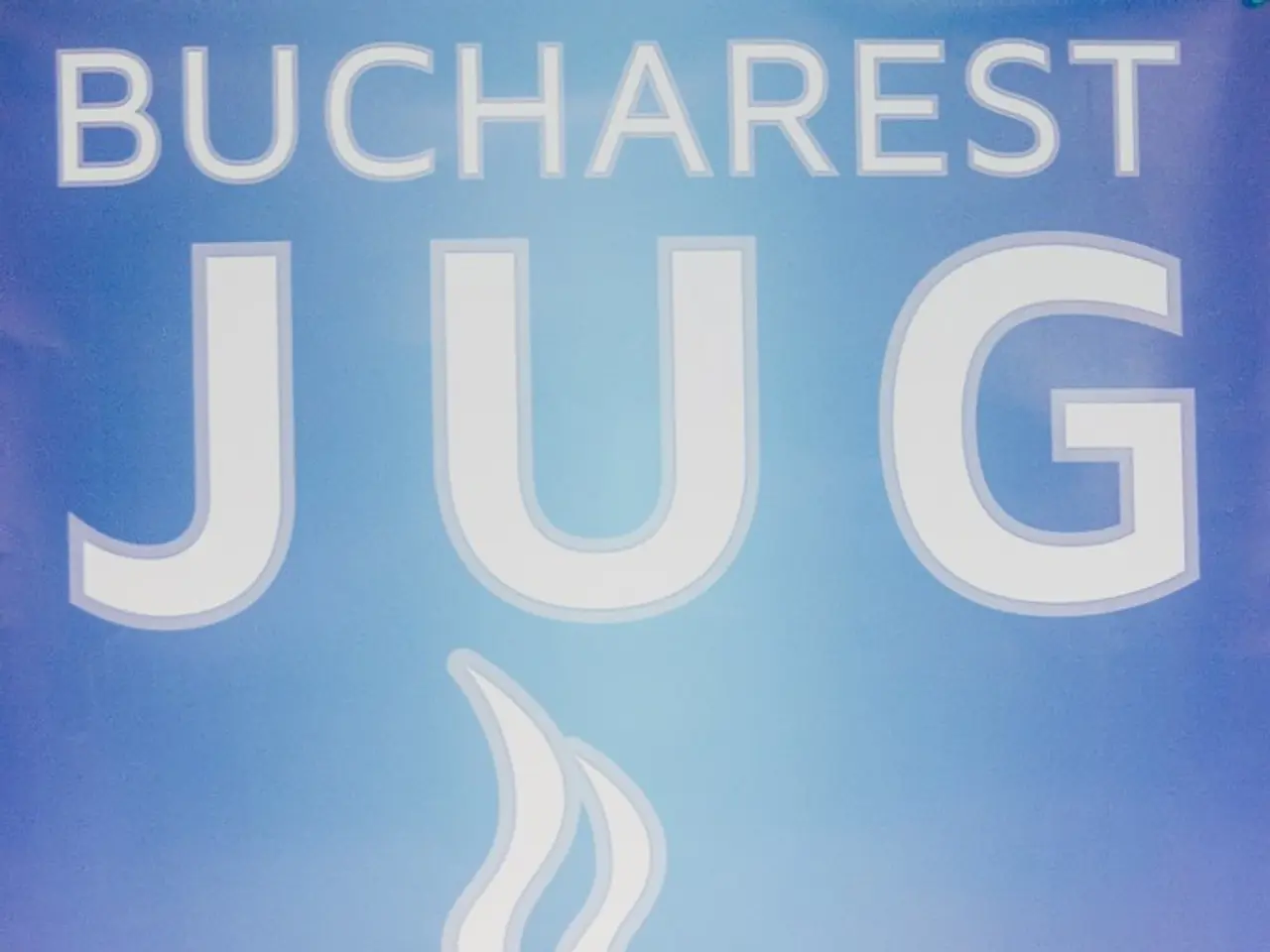Thyssenkrupp Possesses a 23% Probability.
A structured financial product, the Thyssenkrupp bonus certificate with a cap, provides investors with a predefined bonus return as long as the Thyssenkrupp stock price stays below a certain upper limit (the "cap") during the investment period.
How it works
This financial instrument offers investors the opportunity to gain enhanced returns if the Thyssenkrupp stock performs moderately well within a defined range, but caps profits if the stock price rises substantially. The product's mechanics include a bonus level, a cap, a barrier, and a payout structure.
- Bonus Level: A price threshold set below the starting price but above a lower "barrier" level. If the stock price stays above this barrier during the term, the bonus applies.
- Cap: The maximum stock price level at which the investment’s return is capped. If the stock price exceeds this cap, the return is limited to the capped value.
- Barrier: A lower price level (often set below the starting price) that the stock must not breach for the bonus payment to be valid.
- Payout:
- If the stock price closes above the barrier but below the cap at maturity, the investor receives a bonus payout (higher than the initial investment plus some fixed bonus amount or percentage).
- If the stock price closes above the cap, the investor's return is limited to the capped value, effectively losing out on any upside beyond the cap.
- If the stock price closes below the barrier, the investor usually receives the current value of the stock, which may be less than the initial investment, meaning they bear downside risk similar to direct stock ownership.
Potential Returns and Risks
The bonus certificate with a cap offers the potential for enhanced returns if the Thyssenkrupp stock remains stable or rises modestly but stays below the cap, while capping profits if the stock price surges beyond the cap. However, investors risk losing capital if the stock price falls below the barrier, and the product's value depends on the stock's price volatility, market conditions, and the issuing bank's creditworthiness.
Context specific to Thyssenkrupp
Given Thyssenkrupp’s recent corporate restructuring and cost-cutting measures, the stock could experience volatility, which may influence the potential activation of the bonus or barrier features.
Current Market Conditions
At the current Thyssenkrupp stock price of 11.15 euros, investors can purchase the certificate at 10.18 euros, allowing for a gross return of 22.78 percent (or 19 percent per year) by September 2026. The HSBC bonus certificate with a cap on the Thyssenkrupp stock (ISIN: DE000HT6PZA1) has a bonus level and cap of 12.50 euros.
Risk-tolerant investors may want to consider purchasing a bonus certificate with a cap as an alternative to buying the Thyssenkrupp stock directly. It is essential to note that this article does not constitute any recommendation to buy or sell Thyssenkrupp stocks or investment products based on Thyssenkrupp stocks. No liability is assumed for the accuracy of the data. Experts at Baader Bank have reiterated their buy recommendation for the Thyssenkrupp stock and raised their price target from 8 to 12.50 euros.
[1] For more information about Thyssenkrupp's cost-cutting measures, please refer to the company's official announcements. [3] For more information about bonus certificates with caps, please consult a financial advisor or research online resources.
- The financial advisor might suggest a bonus certificate with a cap as a viable alternative for personal-finance management, considering its potential returns if the Thyssenkrupp stock remains stable or moderately rises, while the employment policy could benefit from vocational training programs on personal-finance and investing to make informed decisions about such products.
- In the context of the community policy, it is crucial to emphasize that the Thyssenkrupp bonus certificate with a cap, being a structured financial product, comes with its own risks, such as the possibility of losing capital if the stock price falls below the barrier or the product's value depending on the stock's price volatility, market conditions, and issuing bank's creditworthiness. It is essential for investors to be aware of these risks and make informed decisions.




